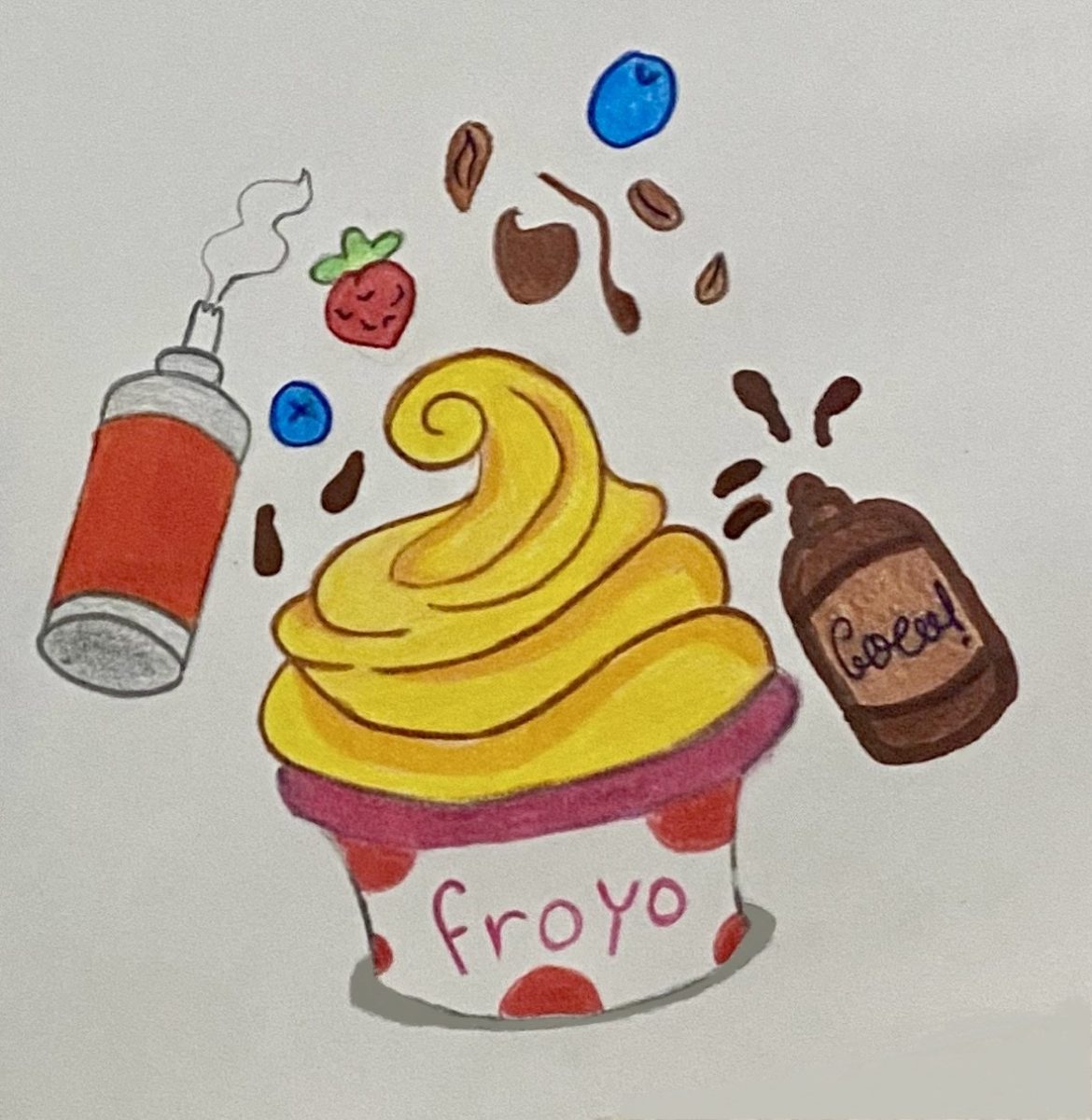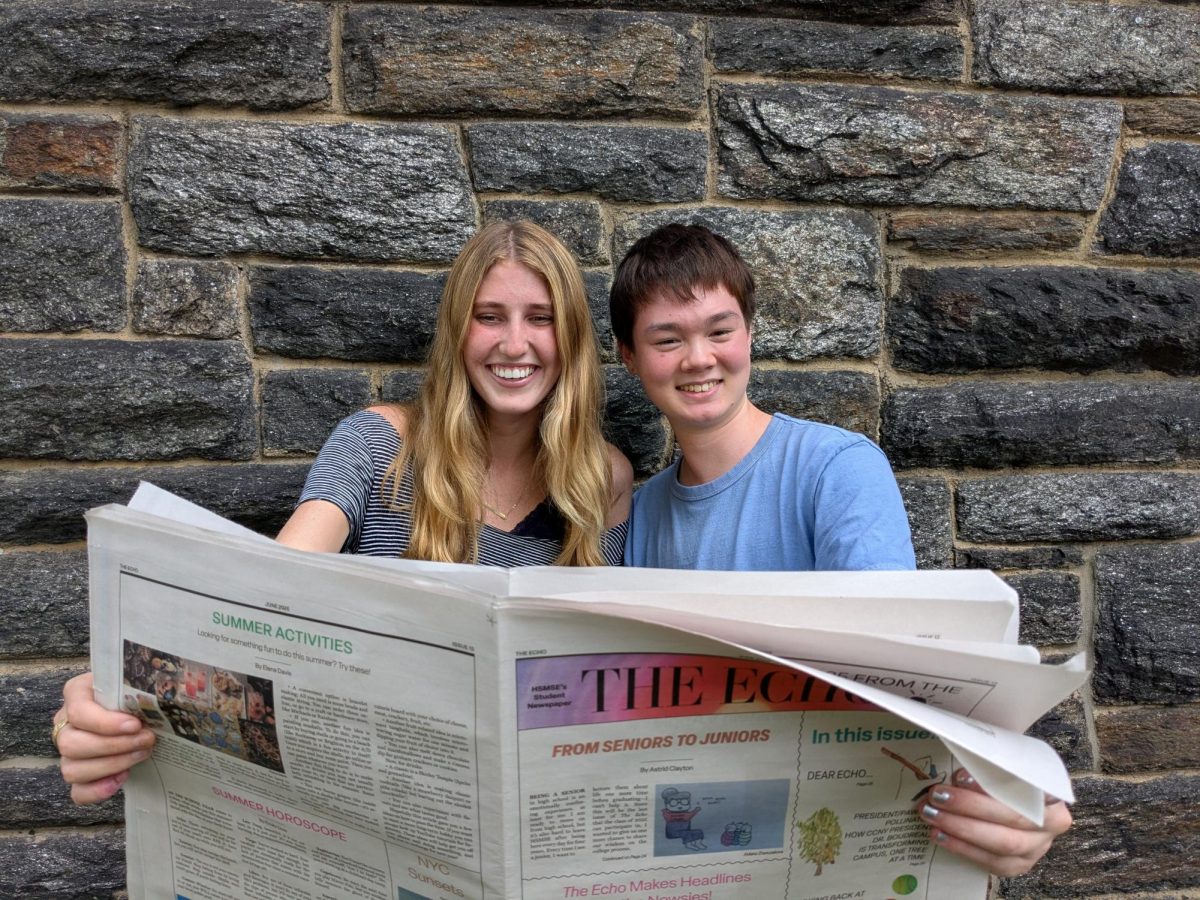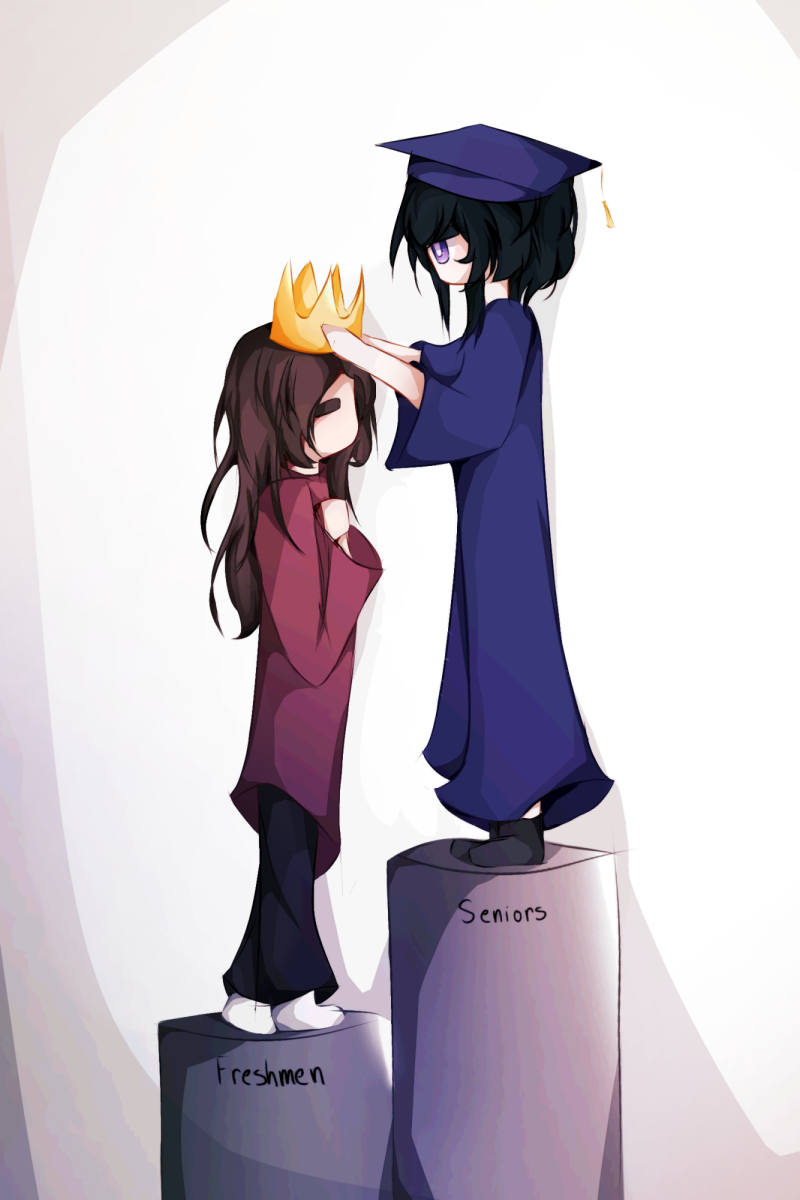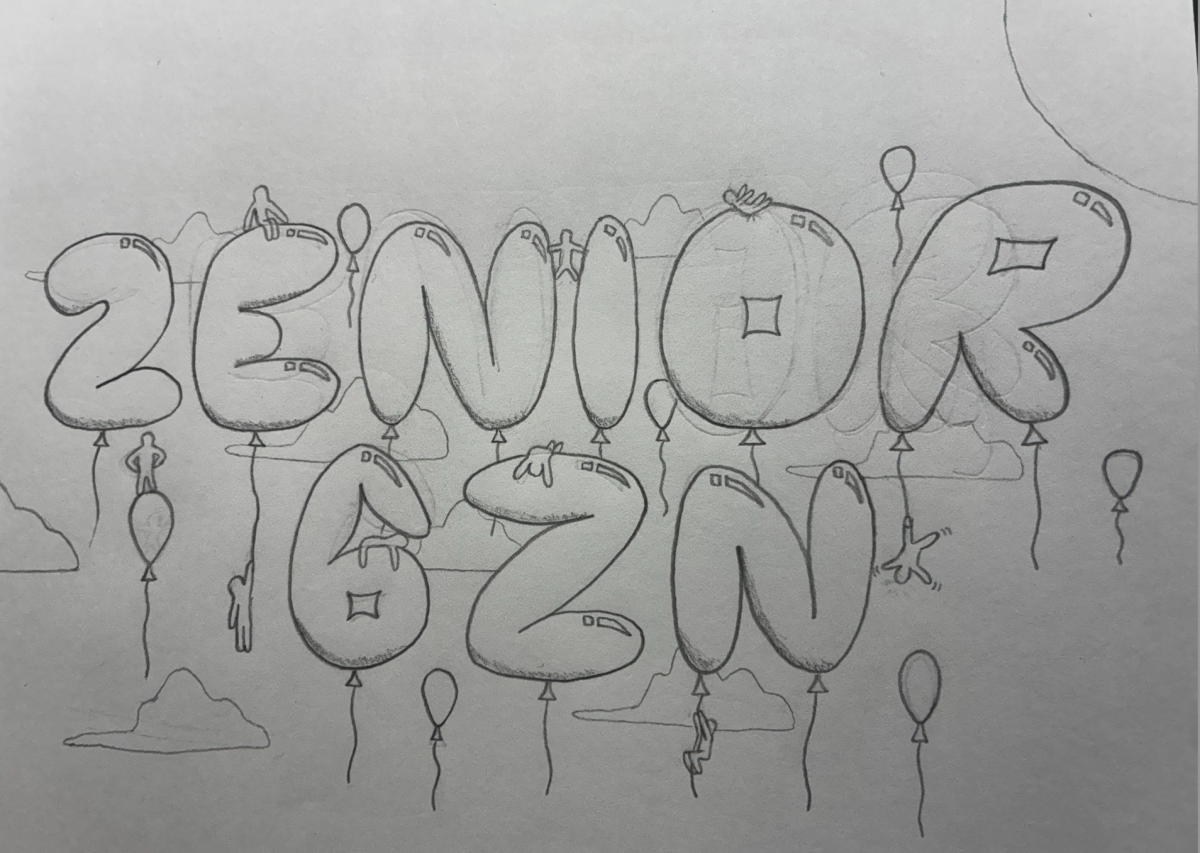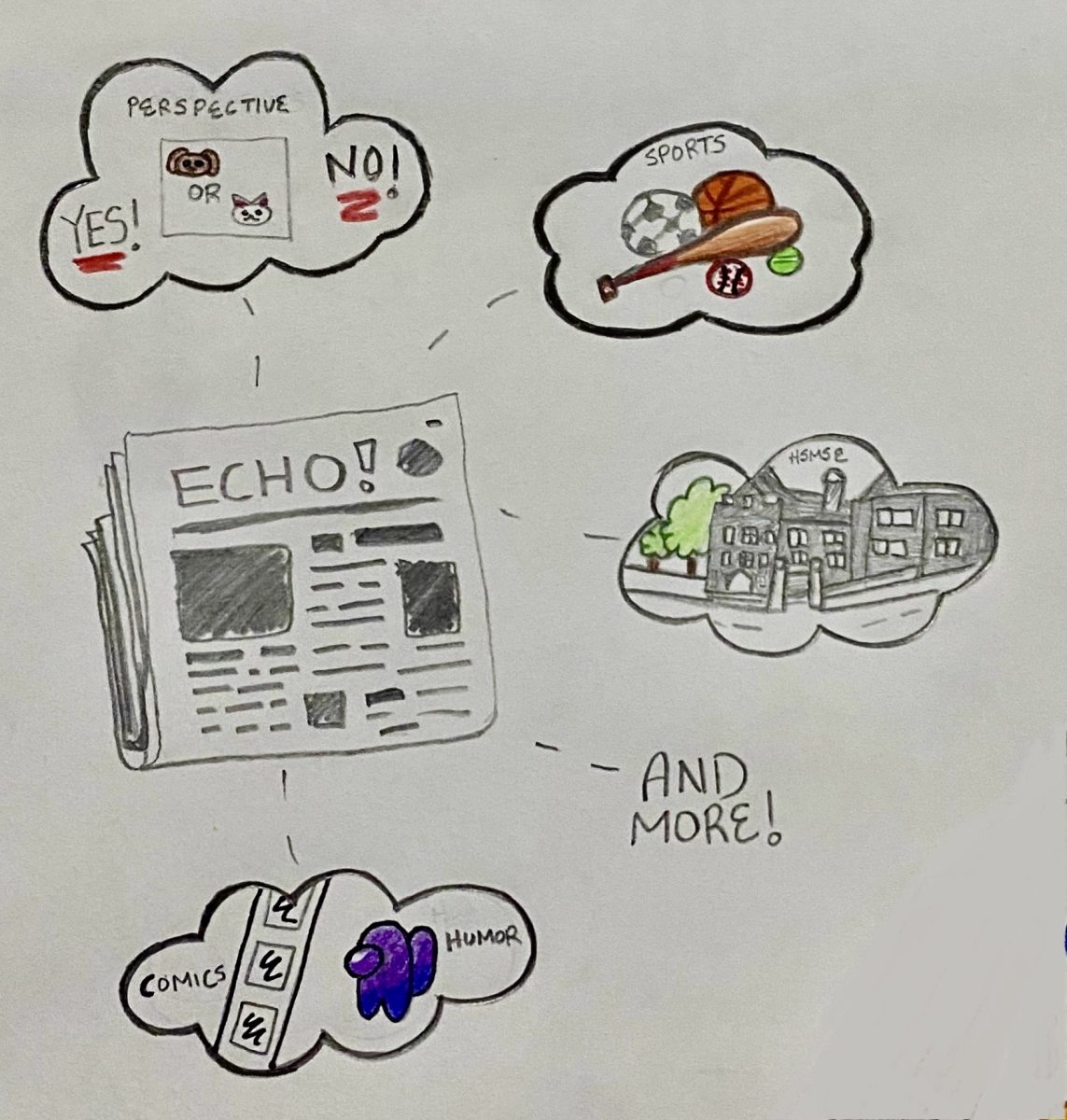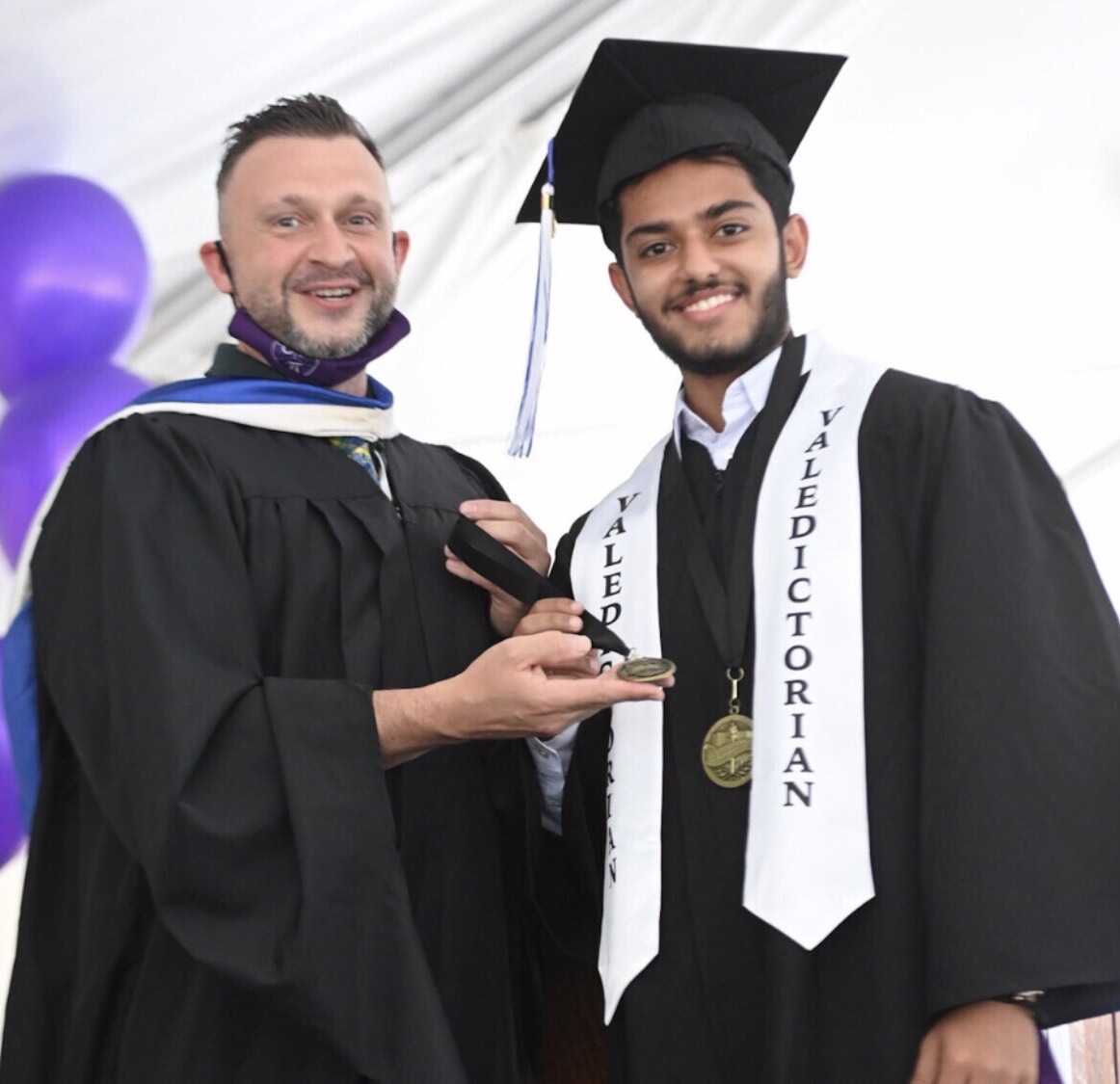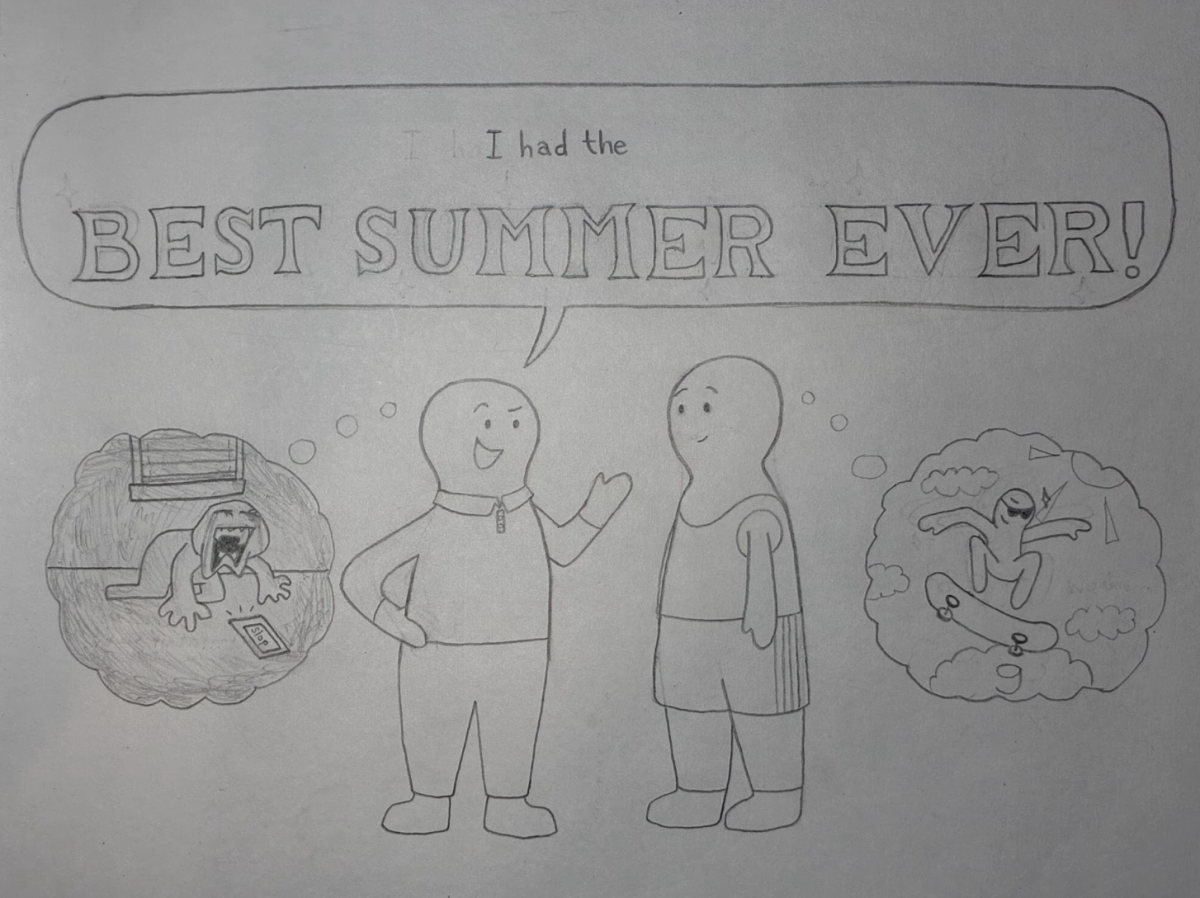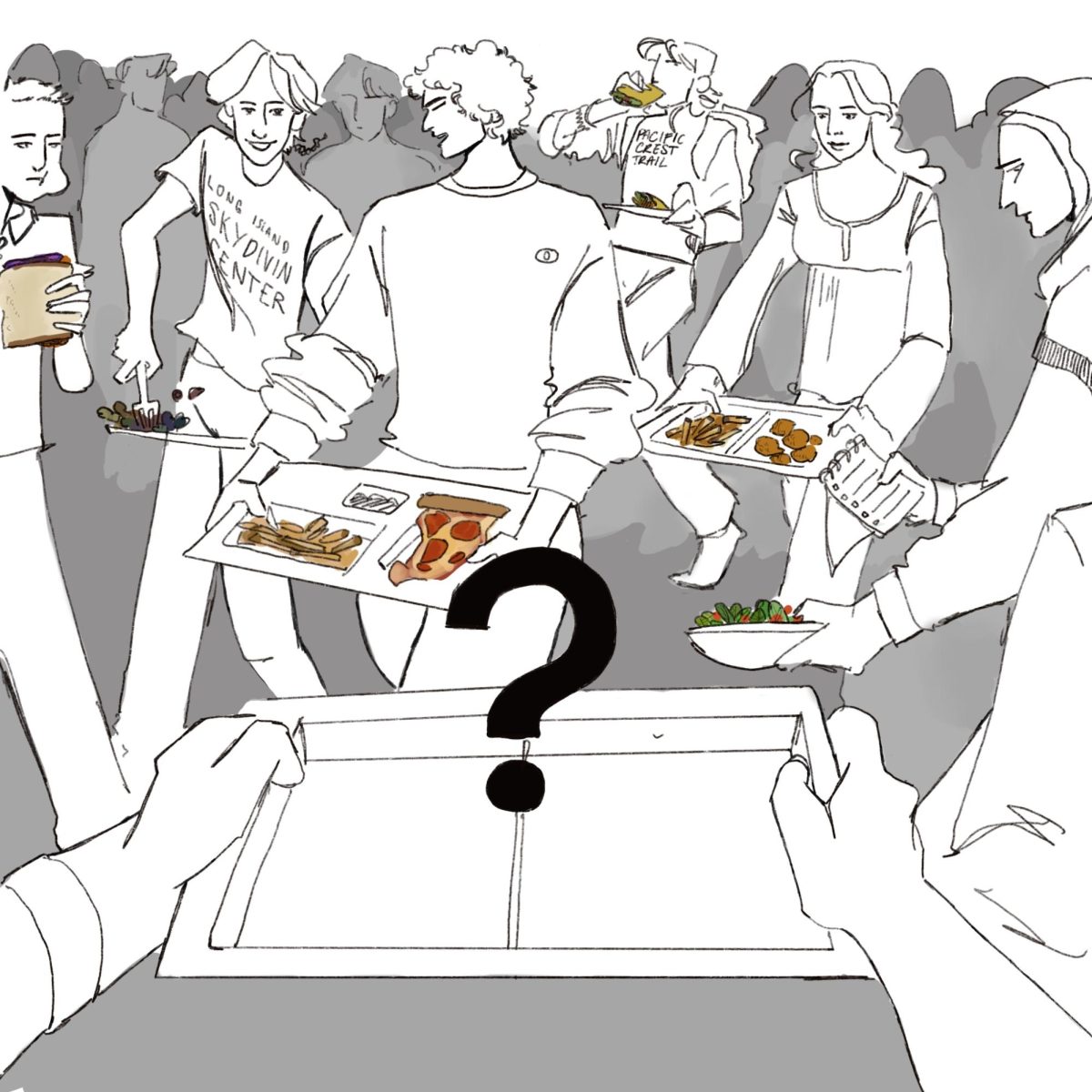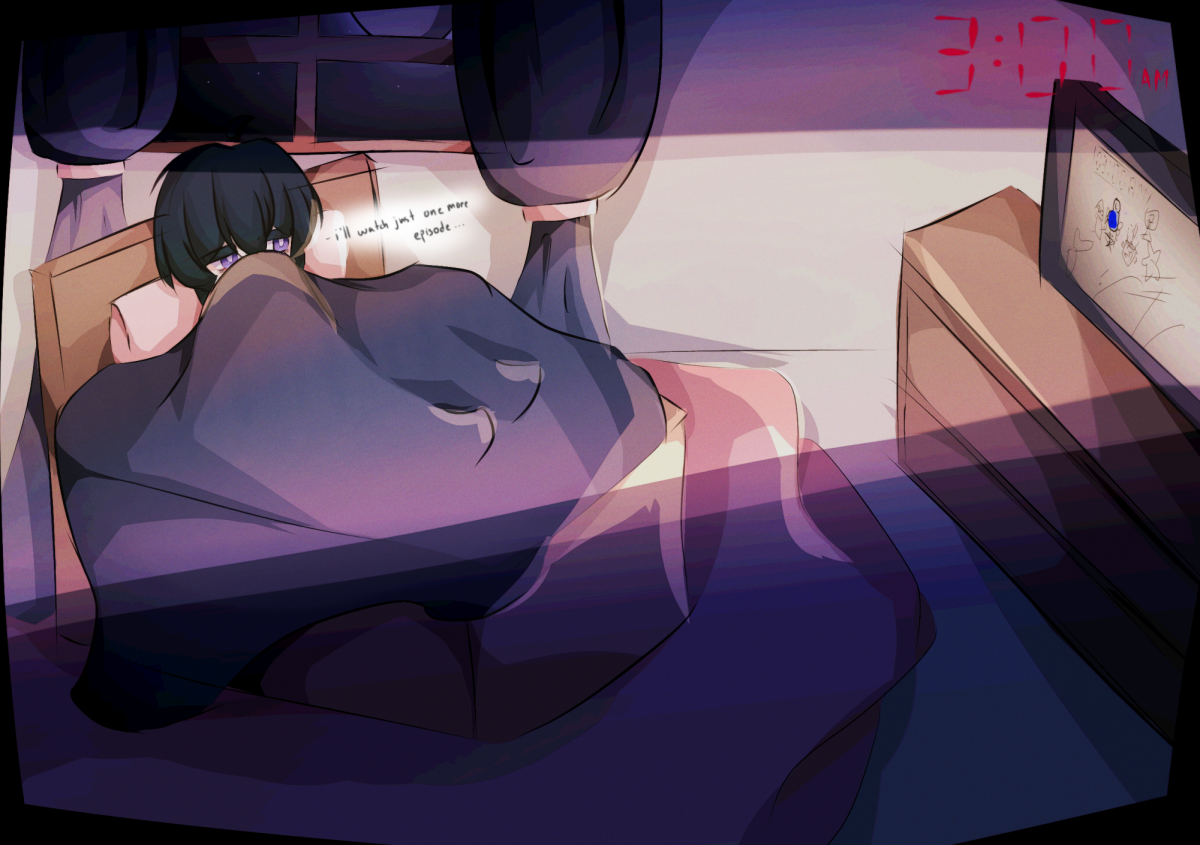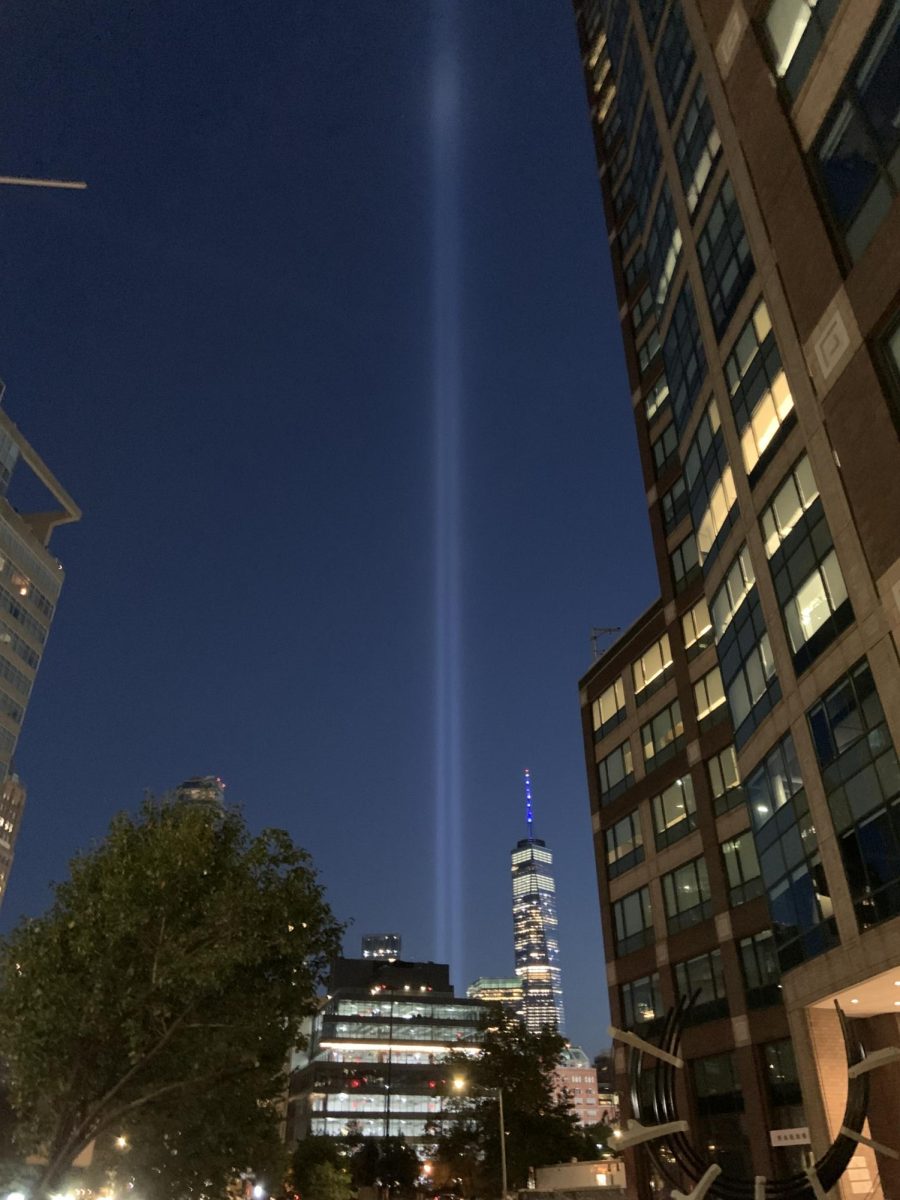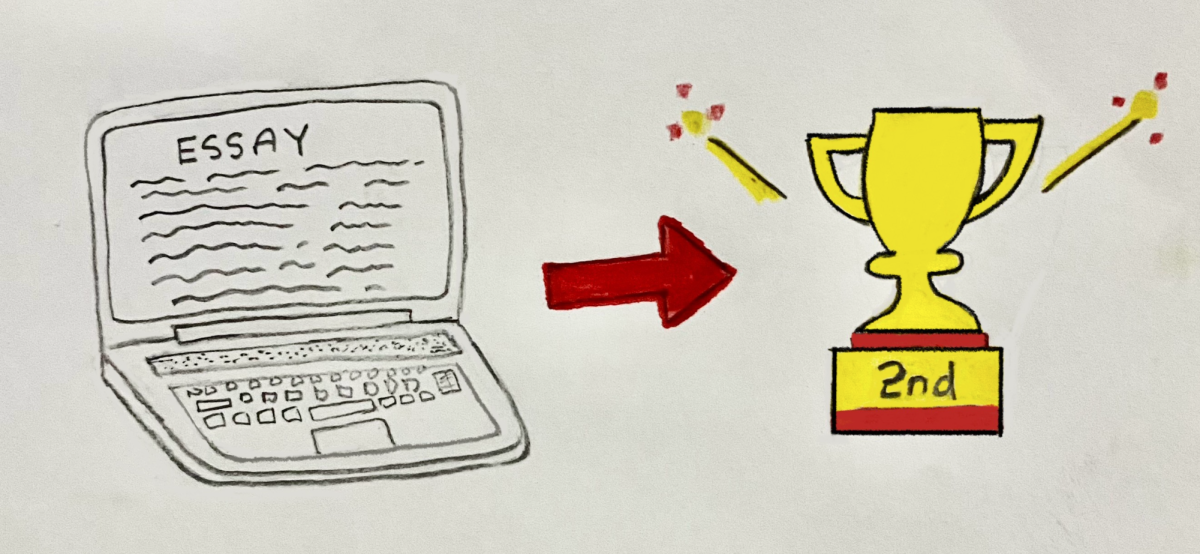In December, published author and New York Times Correspondent Nicholas Kulish sat down with The Echo to speak about his career. A month later, Ella Feldman, a freelance journalist pursuing her master’s through the Craig Newmark Graduate School of Journalism at CUNY, came to discuss hers. In part one, “The Journey to Journalism,” I covered both of their advice about breaking into the field, honing in on their thoughts on becoming a journalist, the importance of self-advocacy, and their specializations in journalism. I am delighted to present more of their fascinating experiences and thought-provoking insights in this piece.
Nicholas Kulish on Writing “Saudi Royal Family Is Still Spending in an Age of Austerity”: Lessons in Journalism
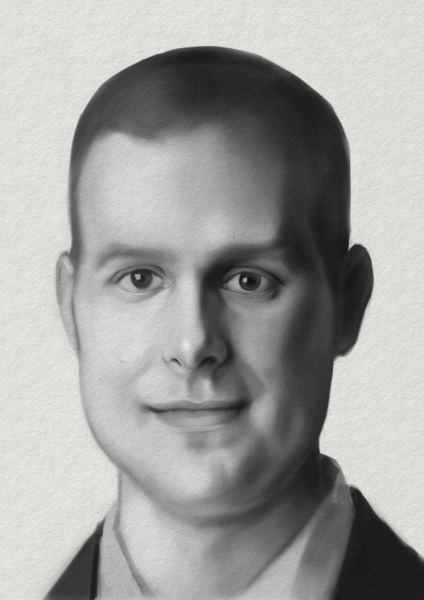
Nicholas Kulish arrived at the Saudi Royal Family story through an assignment. It proved to be a challenge: “you’re talking about a very closed country that’s…almost impossible to report in and a subject that they really did not want getting out.”
So how does a journalist go about a story like this? “There’s no Saudi royal prince hotline,” Kulish quipped, “I [couldn’t] just start calling them up.” But he explained that this is the classic setup for an outside-in story: “scurrying around, knocking on doors, [and] asking seemingly random people questions” to get to the truth. That’s exactly what he did: While “the prince [wouldn’t] talk, somebody [must’ve] sold him the apartment in Paris; somebody [must’ve] sold him the mega yacht.” So Kulish spoke to real estate agents and decorators in France and to yacht salesmen in Greece. Another avenue he took was speaking to experts: “people who have written books about Saudi Arabia, former ambassadors to Saudi Arabia, [etc.]”
From there, he got more contacts. He advised us to “never end an interview without saying, ‘Who else should I talk to?’” This was essential to how Kulish broke this story. He told us that “people [would] say, ‘Well, I actually know this guy [you could reach out to]. I’m a professor of Saudi Studies in America, but he’s a professor of Saudi Studies in Beirut and he travels to Riyadh a lot more than I do.’” So Kulish followed up with the professor in Beirut, who in turn recommended he talk to “this [prince who was residing] in Germany, [meaning] he [wasn’t] afraid of his phone being tapped.” And on and on this went: “You keep sort of following these threads and then you get closer to something.”
Around this time a high-level government official he’d been trying to chase down in London and Riyadh agreed to meet up with him … if he happened to be in Tangier, Morocco over the summer! Kulish’s editor at The New York Times actually agreed to send him to Tangier in August, but the trip didn’t go as they’d hoped: “The guy totally blew me off. He did not talk to me.” Kulish recalled that he was scrambling because he hadn’t been making much progress already, and then the Times had paid for his airfare, hotel, and interpreter, all so he could meet with this official. He recalled thinking, “well, we better do something; we better make something out of this.” That was when he struck up a conversation with his interpreter and one of his interpreter’s friends. They shared that the Saudi Royal Family was in the midst of doing a large-scale renovation of the palaces.
Thinking back to his prep work on Tangier, Kulish realized that the sheer presence of the Royal court alone, let alone this giant undertaking, would leave a pretty large impression: “Most of the year, [Tangier’s] not that rich. It’s not that popular of a tourism destination compared to Marrakech or Fez. So when 20,000 Saudis show up in August and spend billions of dollars in three weeks, it’s a really big deal.” He elaborated: “If you’re a chef, suddenly you’re going and working in their palaces. And if you’re a driver, you’re suddenly driving their expensive cars. And so I just started talking to all of those people.” He also spoke to “construction people about the work that was going on there.” Kulish remembers cracking the ethos of the story: “At some point, I just decided, this is a place where I can show how they’re spending their money in a really vivid way. Suddenly, we could kind of illustrate in one example the general stuff that I [had] been reporting for months.” The story was finally coming together!
But that wasn’t the end of the drama: “The night before the story was supposed to run, [the Saudi government] got back to [him] with a fax of answers to questions.” Kulish had been asking for their comment for over seven months by this time to no avail. He shared that the Times “actually ended up having to delay the story a day or two because suddenly we had to reflect on their answers.” C5 experienced second-hand exasperation, but Kulish told us that these last-minute comments are a relatively frequent occurrence. “Two colleagues and I did a big story about a company that was profiting off of migrant children being held in their facilities in really poor conditions. And they absolutely refused to talk to us. [But] again, we got so many public records and interviewed so many former employees and had so much stuff that suddenly they’re afraid that their point of view isn’t gonna be reflected. And then [they say], ‘Come interview our founder. Come and sit with him and talk to him. He’ll tell you everything.’”
Kulish argued that taking these opportunities ultimately benefits the piece: “People have a point of view, and the more that you try to understand their point of view, the more they’re gonna open up to you, and that’s gonna make your story richer and, again, more accurate.” Kulish said, “[As] one of my early mentors taught me, you avoid a lot of corrections, retractions, and embarrassment by doing everything you can to get comment from someone and taking it seriously.” He explained that it shows integrity to say “‘We think the story is this, but we really are interested in your perspective. We want to know what you have to say.’” He added that he always tries to let the subject know “the worst thing” in the story before it runs. After publication, “maybe they’re mad at you. Maybe they yell at you. Maybe they demand corrections. But they’re doing so on the basis of the substance of the article and not on the feeling of betrayal. [If] you’re surprising people with your stories, then you haven’t allowed them to fully answer.”
Feldman’s Suggestions for Building a Successful Career: Lessons in Journalism

Bylines are your best friend.
“Bylines are your best friend: The more things that you can get your name on and show that you have contributed to something and also be able to specifically say what you did for that project that’s going to help you get hired, get opportunities more than anything else. The best thing you can do in this industry is just prove that you can do it and prove that you can do it well over and over and over again.” Feldman recommends a way to set yourself up for this: “If you work on something you’re especially proud of or a really big project, jot [it] down somewhere—wherever you take your notes. [Note] what you did specifically for that piece, how many people you interviewed; [if] it’s a collaboration, [specify] how much of the writing you did. What sort of research went into it?” This way, she says, “when you’re asked about it later, [you’ll] be able to specifically say, ‘This is what I did. This is how I did it.’ When you write a hundred stories, you start to forget that stuff quicker.”
Read, Read, Read!
“I become a better writer by reading people who are good writers. If you read something [and you] like how [it’s] written, look up that [author]. See what else they’ve done; you can follow their career over years. [Read] the kind of thing that you want to do and it’ll teach you how to do that thing better.” She says that if you “read a lot and read journalists that you admire, and kind of start to notice the things that you like about the way that they report a story; [it] will help you a lot with your writing and reporting.” Not only that, but in her experience, it also helps you get ideas for stories: “the more you [read] what interests you, [the more] you’ll start to find little asides.”
Don’t be afraid to pick up the phone (or send a cold email).
“I have found in my years of doing this that people are way more likely to respond than I thought at first. If you’re looking for someone to speak to about a story, shoot high: Try to get one from the mayor’s office if you want. He might not pick up [the] phone, but start high and work your way down.” She encourages us to “be annoying—that’s how you get quotes.” She also notes that this is applicable for networking: If you find “someone who you think is really cool, you don’t lose anything by [sending] them a little note asking if they’ll get a coffee with you.” She especially suggests calling people: “[It’s] a little bit of a lost art. Young people don’t like talking on the phone as much. Don’t be afraid of calling—get comfortable with it. Get used to it. It’s a great way to reach people who might have a million emails in their inbox and not see you otherwise.”
Personal Brands: cool but not necessary.
“When social media came, it brought up a lot of questions for journalism and for the industry. And a lot of people were telling young people [to] get on all these social media platforms and post non-stop.” Feldman’s take on social media: “I don’t think you need to do that—figure out what rhythm works for you. [If] one day you want to have your own Substack, or start your own podcast, or be a social media video journalist, [then] it is more important to have an online presence. But if you’re interested in doing your own freelancing for publications that already exist, it’s not as necessary.” Referencing her own Twitter account and website, she says, this is “the extent of my personal brand or online presence professionally.”
Journalism Degree: cool but not necessary.
“This is coming from someone who’s in a journalism program and is absolutely loving it.” But, she maintains that “[A degree] is not necessary at all to be a journalist.” She said, “study what your heart desires, do what you want to do. There are always leads into the industry that aren’t just going to school.”
Closing thought: The world needs journalism and journalists like you.
“Sometimes it doesn’t feel like that. There can be a lot of doomsday conversations about the industry: Small publications close every day [and] there are layoffs all the time. It’s hard, and [you] really [have to] love it to do it, but I am very firmly of the belief that the world will always need journalism.” She concedes that “It might not look like what it looked like 20 years ago,” but emphasizes that “the act of getting accurate information, reporting it, sharing it, [and] having those basic skills will always be there. To make it in the industry, [you] just have to be flexible.” She says that anyone interested in the field should know that regardless of what happens, “we definitely still need journalists.”
